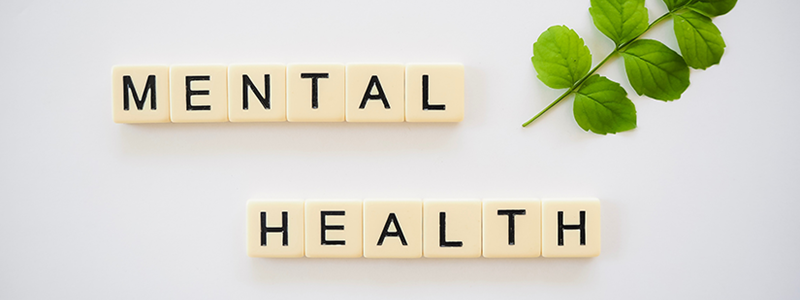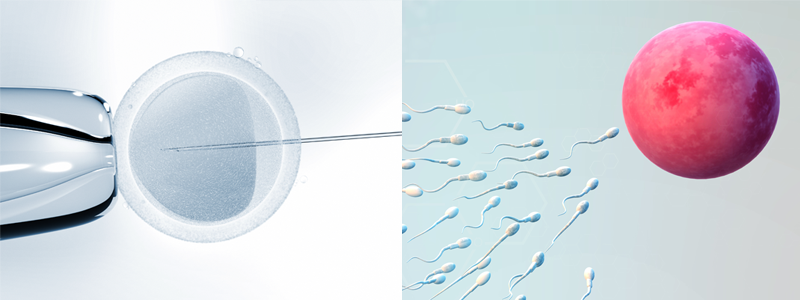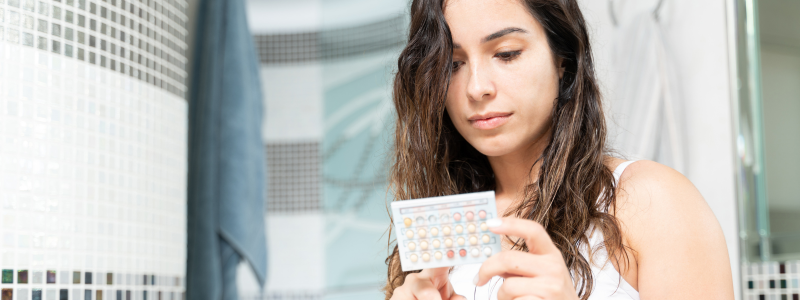If you’re reading this, chances are that you (like me) are in the fertility treatment arena getting your ass well and truly kicked; blood, sweat and tears included with entry. I’m not coming from the perspective of the ‘happy ending after the long journey’ – I’m speaking from the perspective of someone who is living this experience now and trying to figure out ‘what next?’ myself.
Full disclosure: there are times during my own four-year fertility journey that my mental health has gone downhill faster than a stray toboggan. Fertility has the sneaky ability to seep into every single aspect of life, be it work, relationships, friendships, finances, family relations and even the relationship you have with your own body.
When your baby-making efforts don’t blimming well make a baby – it’s really hard to put on a brave face at the Monday morning zoom, on that date night with your hubby, during the coffee catch up with your friend or throughout the family Christmas celebrations. Toss in surprise pregnancy announcements, sprinkle in some social media triggers and add a dash of your own racing thoughts, and it’s a recipe for mental health disaster.
There’s no doubt about it, this is all hard and pretty darn demoralising. The fact that you’re doing all ‘the things’ and it hasn’t worked, all whilst others seem to get pregnant at the drop of a hat, is a serious head fudge. You might be doing absolutely everything (and I mean EVERYTHING) in your power to make a baby and it feels like your efforts are continuing to go unnoticed by the universe.
Ugh, I get it, more than you know.
We recently lost our 6th baby. This was an IVF pregnancy and for it to all end in tears at a viability scan after the months of blood tests, injections, pills, scans, procedures and supplements – was heart-breaking to say the least. We know we will pick ourselves up again, as we always do, but it’s been a real battle for me to keep my head above water in recent months.
I’m going to share some of the things that have helped me lately. I hope they help you too.
Take a PROPER digital detox
I’m putting this one first because I think it has to be my number one go-to for helping my mental health during IVF treatment.
I have a fertility themed Instagram page (@wild_ride_fertility) where I document our experiences. It’s been an incredible way to connect with other women going through the same and really useful for sourcing information. Sharing my own story has also been somewhat cathartic and allowed me to process it in my own way, by writing it down. That’s always been my way.
However, social media is bittersweet and can feel really overwhelming at times. As amazing as it is for connection, it can also make you feel isolated.
I know when I was going through the stims, egg collection and transfer phase of IVF, I found social media really gave me hope. Seeing success stories of those who were on the same path was exactly what I needed to see. In the wake of my latest miscarriage however, Instagram, Facebook and even certain WhatsApp groups make me feel left behind, sad and lost. I’d shared my naive hope for IVF working after everything we’d been through, for it to all come crashing down once again. I needed to go away, process and grieve, and that meant stepping away from posting about my life and seeing others’ updates. My heart simply couldn’t take seeing another happy family, birth announcement, scan picture or baby bump after we’d so cruelly been dealt another bad card.
Protecting your energy is so important when you’re going through IVF so use that mute button liberally and if you can have a ‘phone free’ week every now and again, do. I try to do a social media detox most weekends at the moment and it does help my mental health enormously.
Get out of your house
As much as I love, love, love being at home – especially during the autumn and winter months – I make a big effort to get out the house at least once or twice a day and take in a new environment other than my home office. Whether it’s a dog walk, slow meander to get coffee with my husband or meet up with a friend, it’s really important to get out of your own head and home space.
Getting outside into nature gives me perspective and that’s something I’ve clung to during my IVF journey.
Stay active (where possible)
When I was doing stims I could just about muster up the energy for a dog walk each day and the occasional swim, but closer to egg collection, getting up and down the stairs was about as active as it got. I had 23 follicles at my last monitoring scan so felt like a genuine sack of potatoes by the end. The bloating was on another level but the walking in the beginning definitely helped to keep my head clear.
A big part of my recovery meant getting back to my routine and that includes exercise. I started going back to my spin, body pump and yoga classes regularly, finding them invaluable when it came to getting my mental health in the right space for the next step. Everything can feel so out of your control during fertility treatment, so for me, having the classes to escape it all and push my body in a different way was key.
Talk to someone and share your story
While opening up to your partner (if you are ttc with one) seems like a lifeline as they are your absolute rock, it can be helpful to confide in someone outside of your little duo. Otherwise, ‘fertility stuff’ can end up being the only thing you talk about and that’s not ideal either.
Over the years I’ve found certain friends, family members and even a select few colleagues with whom I trust to share our story and seek support when needed. Aside from the odd triggering statement in the early days (‘just relax and it will work’, ‘at least it was an early loss’, ‘could losing weight help?’ or ‘it’s good you’re still young’ being my favourites), these exchanges with loved ones have been my therapy and it’s made some of these connections even stronger as a result.
Try to find your someone to confide in and don’t hide your story behind a false smile. It does you and others no favours. We’re all going through something and you never know, you might not be the only one dealing with fertility struggles in your close circle. 1 in 7 couples are facing fertility issues after all.
A few more tips:
- Keep the communication lines open with your partner. Check in with them every day and ask them how they’re feeling generally. Talk through any emotions or feelings that crop up and face them together. Remember you want to create a family with them not just a baby.
- Journal your feelings. Get those thoughts out – the good, the bad, the ugly. Your mind is trying to process so much in such a short space of time, and it can feel really good to have a bit of a word purge.
- Don’t skimp on self-care. Try to do something once a week dedicated purely to making yourself feel happy. Book a massage, get your nails done, have a haircut, clean out a room in your house, go through old photos, call an old friend, have a lie in, cook your favourite meal. Whatever makes you smile and feel more ‘you’ – do it.
- Get organised. Feeling like I have my ducks in a row when it comes to appointments, medications and questions for follow up appointments has kept me sane. There is SO MUCH admin when it comes to IVF and fertility treatment, it’s almost like having another job quite frankly, so keeping on top of it all will keep you from having a complete meltdown
- Leave aside time to do absolutely nothing. IVF will keep you busy and sap a lot of your energy. You’ll be squeezing in injections, pills, appointments, tests, travel time and procedures in between the usual work schedule and social calendar. Intense is an understatement. I found leaving aside days or entire weekends with no plans really helped. If you’re dealing with miscarriage, leave yourself the time and space to grieve all you’ve lost and recover physically/mentally. Nobody is expecting you to show up and pretend everything is OK
- Read books written by those in your shoes. I found reading fertility themed non-fiction books such as; A Bump in the Road,21 miles, Adrift: Fieldnotes from Almost-Motherhood,The Pursuit of Motherhood, really helped to make me feel less alone. Isolation is the elephant in the room when it comes fertility struggles and I’d sometimes read books like these in one sitting. It felt so reaffirming to be able to relate to something so poignantly.
Final thoughts
The truth is that I’ve felt overwhelming bouts of grief over the years, and I’ve had to really dig deep at times to see the wood through the trees. My journey to (maybe) motherhood has challenged my physical, emotional and mental health in ways I never thought possible.
I hope you feel proud too.
I’m not sure what the future holds for you or me, but I do know that a problem shared is a problem halved and so I’ll continue to share our story. I’m just a small part of a much larger movement helping to break long-standing taboos surrounding all things fertility.
Know that I’m rooting for each and every single one of you as you progress during your upcoming cycles.






